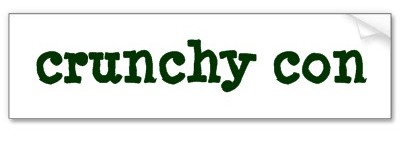Science + Religion Today draws attention to a controversy at the World Science Festival, on now in NYC. There’s a panel discussion about the relationship between science and faith. On the panel: astrophysicist Paul Davies, biologist Francisco J. Ayala — both past Templeton Prize winners, I should note — plus Biblical scholar Elaine Pagels and Buddhist scholar Thupten Jinpa.
Cosmologist Sean Carroll thinks it’s wrong that people (like him) who don’t believe science and religion are compatible aren’t represented on the panel. He would rather we not talk about such things at all, it appears:
Plenty of science festivals and museums seem to get along perfectly well without discussing religion at all. And if you did want to discuss it, there’s no way that an honest investigation into how scientists feel about religion would end up leaving out some fully committed atheists who would be pretty uncompromising towards belief.
Four hundred years after Galileo turned his telescope on the heavens, it’s incredibly frustrating that we still have debates over whether the world can be described in purely naturalistic terms, rather than accepting that insight as an amazing accomplishment and moving on to the hard work of articulating its consequences. It’s a shame that the World Science Festival is helping to keep us back, rather than moving us forward.
Physicist Chad Orzel is not so keen on the idea of the discussion, but he thinks Carroll is wrong to get bent out of shape about it. Excerpt:
In the end, I’m not convinced you need anyone on the panel to make the case that science and religion are fundamentally incompatible. That idea is out there, coming from both sides of the science-religion split (and you’ll notice they don’t have any young-earth creationists on the panel, either). The interesting subject of conversation is not so much the absolute compatibility or not of science and religion– given that neither side is really going to budge on that– but rather how it is that religious scientists reconcile the supposedly incompatible sides of the issue. There’s some potential for interesting personal stories and psychological depth there– how do you maintain faith while practicing science when both religious extremists and other scientists are saying that’s impossible? That’s presumably what they’re aiming for with the panel, and given competent moderation, they could get something a lot more interesting out of that than they could by putting a militant atheist or a Biblical literalist on the panel.
Josh Rosenau sides with Orzel:
Someone like Dawkins would stop the World Science Festival panel cold. The whole point Affirmative Atheists are making is that there is no dialogue to be had. Which means that the panel would descend into a metaconversation about whether there should even be conversations like the one they were supposed to be having. And that wouldn’t inform anyone.
Hear, hear. If you don’t believe there’s a dialogue to be had, then don’t talk to religious scientists and theologians who are interested in science. There are quite a few people who disagree. The intellectually censorious attitude atheist fundamentalists have towards questions of religion and scientists is unattractive.

